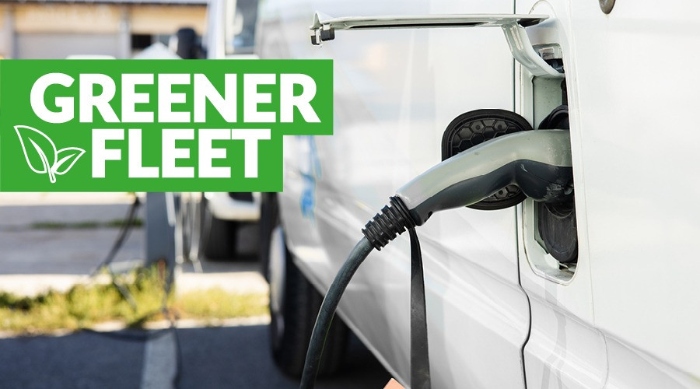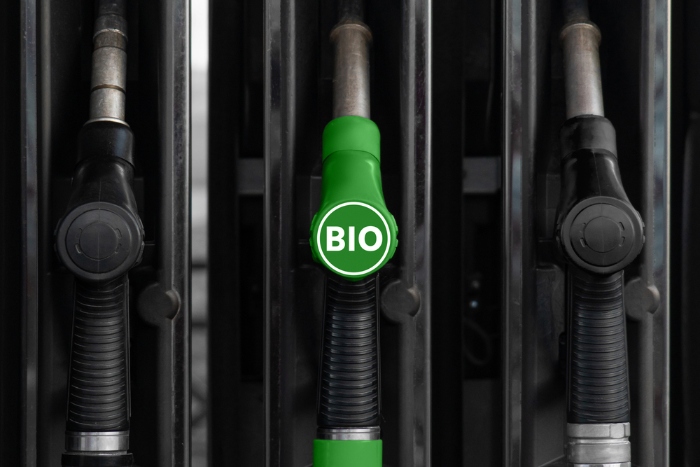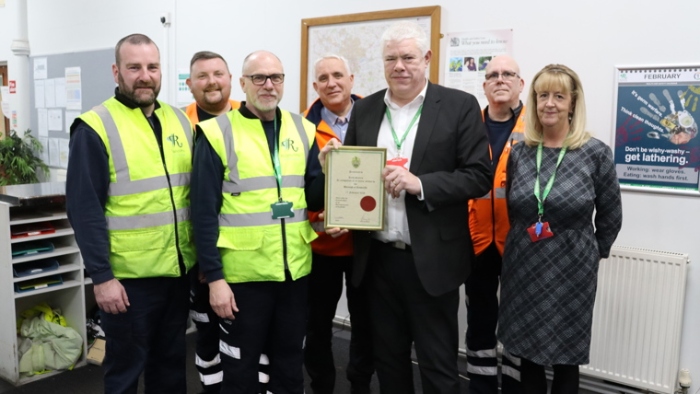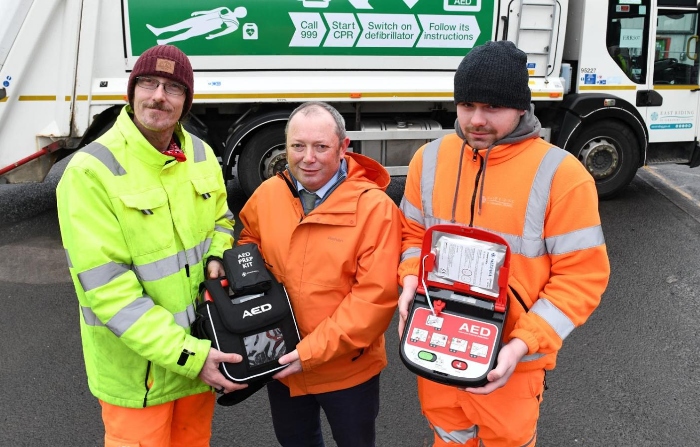Reading’s schoolchildren have been given the opportunity to name five of the city’s six dedicated food waste collection vehicles as part of an educational campaign about the benefits of food waste recycling.
The city council is now asking adults to come up with a clever – but clean! – name for the last one.
The winning name will be chosen by Karen Rowland, Reading’s lead councillor for environmental services and community safety, and printed on the vehicle.
Reading’s food waste recycling collections introduced last year mean that plate scrapings, stale bread, mouldy food, tea and coffee bags, meat and fish bones and everything food, except for packaging, can now be recycled instead of being sent to landfill.
With up to 41% of the weight in household waste collections being food before the new service began, it has helped get Reading’s recycling rate up from 35% to over 50%. Recycled food waste is then turned into fertiliser for farming, and electricity to power homes.
It also meant that residents engaging with the scheme were able to scale back on waste sent to landfill, transitioning from 240 litre grey bins that were replaced by smaller black 140 litre bins to encourage residents to recycle everything that they can.
‘This is a fun way to reward those residents who have really taken to food waste recycling by letting them get creative to name the trucks they see on the street supporting their recycling efforts,’ said Cllr Rowland.
‘By engaging with the scheme since it was introduced last year, residents have helped stop food waste going to landfill where it rots and releases methane, a harmful greenhouse gas.
‘Instead participants have so far helped to divert over 7,600 tonnes of food waste to be recycled, which is being turned into fertiliser for farming, and electricity to power homes.’

















Leave a Reply